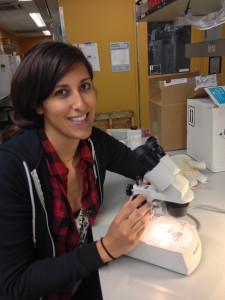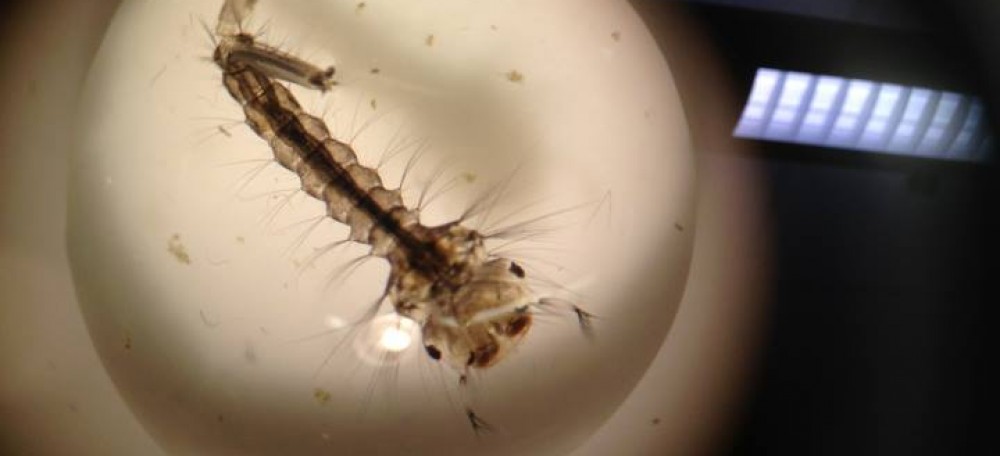
I received my PhD from the University of California, Santa Cruz in Ecology and Evolutionary Biology with an emphasis in Disease Ecology. My research focuses on the impacts of climate change on human health by altering the transmission of pathogens. Broadly, I’m interested in how past and future evolution can alter the impact of climate change on mosquito-borne disease. The scope of my research encompasses the influence of temperature on local adaptation and the evolutionary response of life history traits to temperature. In my research, I’ve worked with Anopheles gambiae (primary transmitter of malaria), Aedes aegypti & Aedes albopictus (primary transmitters of Zika, dengue, yellow fever, & chikungunya), and Culex pipiens (primary transmitter of West Nile Virus).
Throughout my career, I have spent a significant portion of my time researching and developing evidence-based curricula. I have have experience teaching general biology, physiology lab, community ecology, ecology, and ecology lab. I focus my curricula and learning outcomes on inquiry (authentic student investigation of scientific phenomena) and mastery of both scientific content and practices (i.e. model building, hypothesis testing, etc.). With the help of the UCSC IRAPS department and ISEE program I assessed student mastery of my course learning outcomes for the first course I ever taught, Ecology (BIOE 107). A report of my assessment can be found here: Ruybal_BIOE107_summary.
In addition to formal teaching experiences, I have participated in several science education programs and activities. Through the Institute for Scientist and Engineer Educators (ISEE) Professional Development Program (PDP) I designed and implemented an inquiry on cellular division (specifically meiosis) for BIOE 20A at UCSC. Currently I am working on developing an inquiry to address students’ misunderstandings of a foundational topic in macro-evolution, phylogenetic trees. I have mentored three undergraduate students in senior thesis projects, and trained ten students in field-based scientific methods for the UCSC Small Mammal Undergraduate Research in Forests (SMURF) program. Finally, each year, I lead several Initiative for Maximizing Student Diversity (IMSD) undergraduate activities, including a journal club, research seminars, discussion panels, and overnight research trips to the UC Big Creek reserve.
